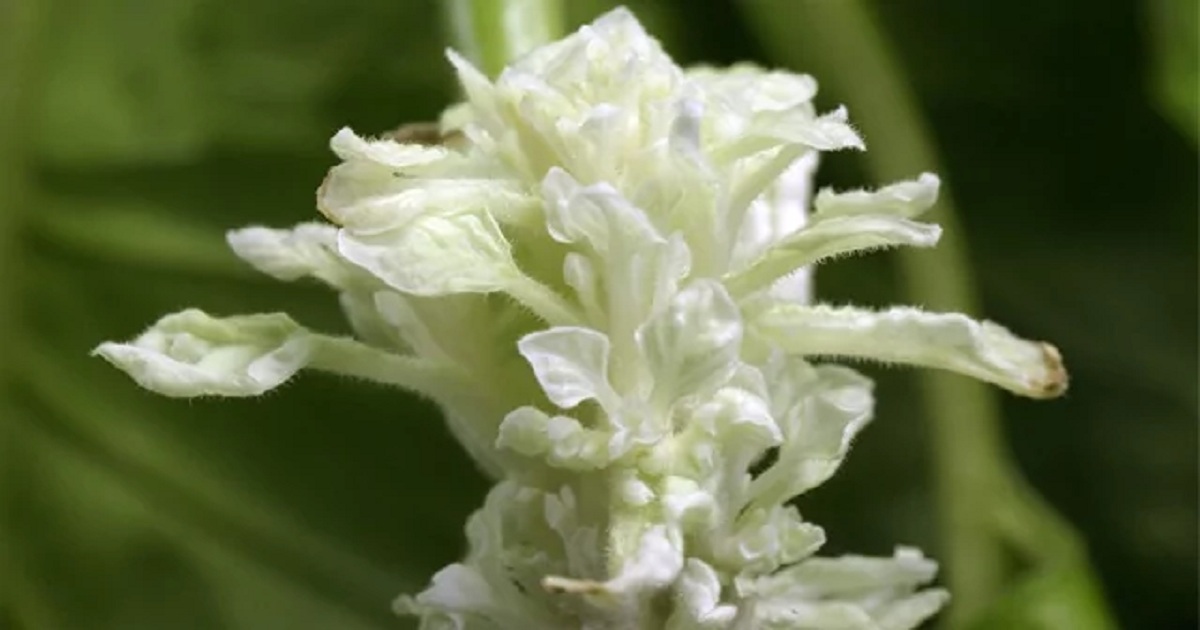New Methods Promise To Speed Up Development of New Plant Varieties
Technology Networks | December 17, 2019

A University of Minnesota research team recently developed new methods that will make it significantly faster to produce gene-edited plants. They hope to alleviate a long-standing bottleneck in gene editing and, in the process, make it easier and faster to develop and test new crop varieties with two new approaches described in a paper recently published in Nature Biotechnology. Despite dramatic advances in scientists' ability to edit plant genomes using gene-editing tools such as CRISPR and TALENs, researchers were stuck using an antiquated approach — tissue culture. It has been in use for decades and is costly, labor-intensive and requires precise work in a sterile environment. Researchers use tissue culture to deliver genes and gene editing reagents, or chemicals that drive the reaction, to plants.